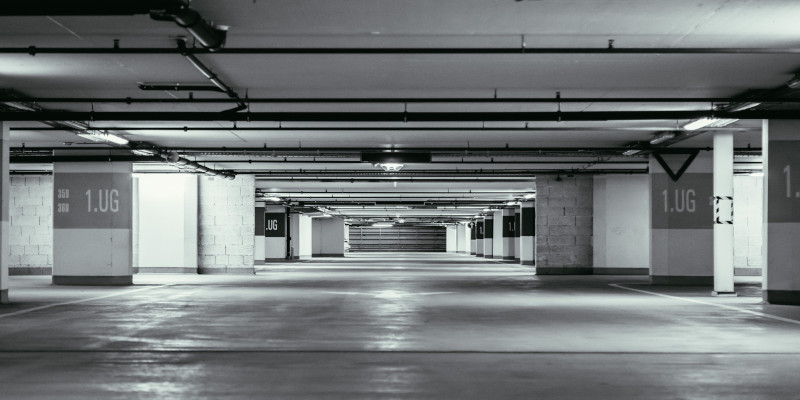
While indoor spaces and facilities are of great importance when leasing a property, another important consideration is the availability of parking for a property. For that reason, parking clauses are common clauses in commercial leases. The pandemic has shifted parking needs substantially; Many offices need less space for employees now working from home, and retailers need more close space for curbside pick-up. These shifts have had an impact on drafting and negotiating commercial leases. Whether leasing office space or retail space, landlords must carefully review parking clauses in Texas commercial leases.
Office Spaces
Convenient and plentiful parking has been an important asset for office spaces, one that has been important to negotiation. Traditionally, parking spaces for office rental are oversold, meaning that there may be more tenants than available spaces. The assumption is that all the spaces will not be needed by all tenants at the same time. Recent shifts in work habits have upended assumptions about available parking since many employees continue to work from home. Whether or not those currently empty parking spaces will be filled as people return to offices is still undetermined. The revenue from one-off parking and contract parking may be significantly less than the past. Landlords must determine how to address these changes in order to defray costs and must update parking clauses to reflect the changes. While landlords of office space must decide how to deal with decreased parking demand, landlords of retail space face the opposite problem.
Retail Spaces
Similar to office space, parking spaces for retail properties are usually one of the negotiating points for potential tenants. When the retail space is planned, parking ratios are determined based on the anticipated types of businesses for a location. Parking ratios for retail space are higher than those for office space since retail developments accommodate the parking needs of different uses of the facility. Municipalities may also require enough parking to meet the needs of diverse types of businesses such as restaurants, movie theaters, and gyms, including cross-parking and cross-access rights to help customers move easily from one part of a retail facility to another.
Given the variety of businesses in a retail property, landlords may struggle to accommodate tenants’ parking requests and expectations. For example, some tenants may not want to be near movie theaters or gyms because parking spaces of those establishments are occupied for relatively long periods of time compared to other businesses. Nearby tenants often are concerned that their customers will have difficulty finding a convenient parking place, which could be detrimental to business.
Landlords have the challenge of balancing the needs of the entire retail development with individual retailer’s requests for convenient parking spots. Of more recent concern has been the need for curbside pick-up and to-go spots convenient to businesses. These spots have been common for restaurants, but during the pandemic more retail stores have a need for these spaces. The landlord must be careful to review all information about parking ratios and exclusive vs. non-exclusive parking before agreeing to requests for designated parking spaces.
Additional Parking
When landlords experience a shortage of parking, they may lose tenants. Adding more surface parking is a good long-term, low-maintenance solution, assuming the property has the additional space. If not, off-site parking is an option, with landlords arranging a shuttle service from an outside location to the retail development. Yet another solution is to incorporate a valet parking system. While such a system does accommodate a larger number of vehicles, customers may find it inconvenient and costly. The landlord must also hire a third-party company to park cars. Both valet parking and off-site parking are particularly good options if extra parking is needed only occasionally, during the Christmas season, for example.
Another way to address parking shortages is to add vertical parking in the form of a parking garage. The obvious downside is the cost, which tenants will likely not want to pay for. In addition, such construction is a disruption to businesses. Charging for garage parking may defray some of the costs but will not come close to covering construction costs.
As the last two years have shown, anticipating parking needs for office and retail space is not always easy. Working with an experienced real estate lawyer helps to ensure that parking clauses do not leave a landlord with unexpected expenses or create business issues for tenants.
All information provided on Silblawfirm.com (hereinafter "website") is provided for informational purposes only and is not intended to be used for legal advice. Users of this website should not take any actions or refrain from taking any actions based upon content or information on this website. Users of this site should contact a licensed Texas attorney for a full and complete review of their legal issues.
